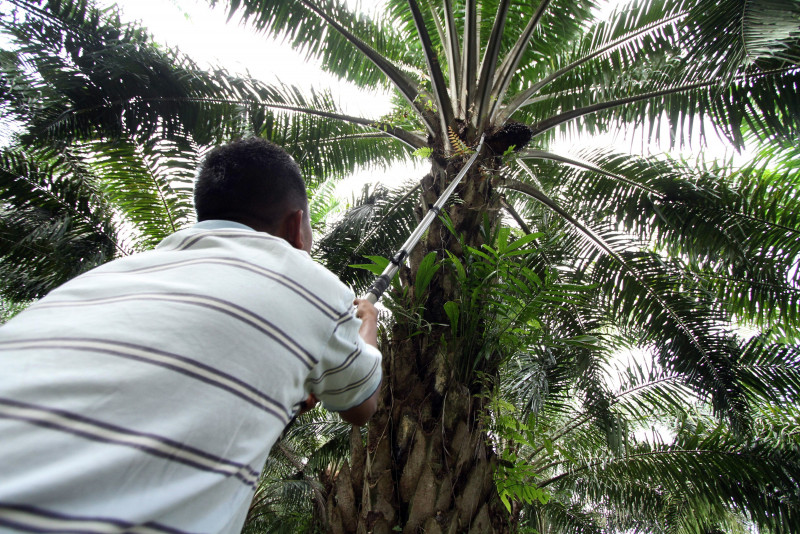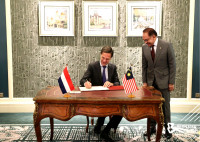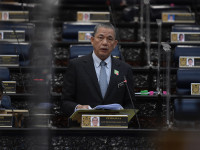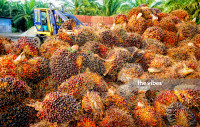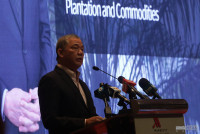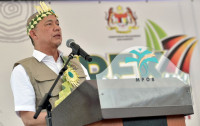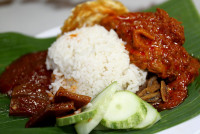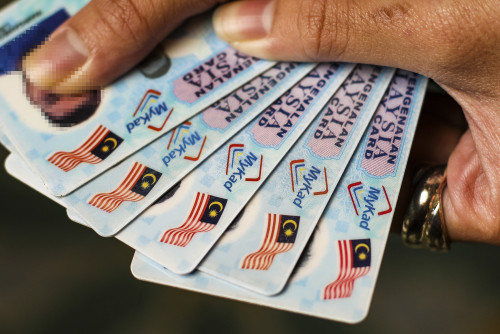SANDAKAN – A national palm oil association has expressed concern that over one-third of oil palm trees in Sabah are now classified as old and prime mature, causing a gradual reduction in crude palm oil (CPO) production.
Malaysian Palm Oil Association (MPOA) chief executive Joseph Tek said Sabah has the highest land area of oil palm trees that are over 19 years old in Malaysia.
These cover more than half a million hectares, or 36%, of the 1.51 million ha of oil palm trees in the state.
The state presently has a total of 184,746ha or 12.3% that are above 25 years old, while 352,689ha of trees are between 19 to 25.
“This figure is alarming. If we refer to the national Compound Annual Growth Rate (CAGR), at the current rate, the number of old trees above 25 years is growing at a 4% rate while the CAGR of immature trees is declining at 3.6%.

“With this figure, it is forecast that by 2027, in four years, we will have 35% of oil palm trees in Malaysia that are more than 19 years old,” he said.
Tek said this at a press conference after he delivered a keynote address at MPOA’s 23rd annual general meeting in Sabah Hotel here today.
He explained that trees that are over 19 years old are mostly too tall for harvesting, and many present harvesters do not have the skill set to perform the task. There are in fact not enough available tall palm harvesters.
Furthermore, the number of trees would have been reduced from the initial planting based on the norm of 136 to 148 trees per hectare. In many estate blocks, the balance remaining may well be below 100 trees per hectare.
“They may not be economically productive, set against its left-over density, or inaccessible for harvesting at tall heights,” he said.
“If not addressed, this will lead to a changing supply-demand equation in Sabah’s palm oil supply chain.”
Incentives for replanting
Tek said MPOA is mulling follow-up engagements with the government and relevant stakeholders to address the issue and recommends that the stakeholders can come up with a policy that would assist and encourage replanting among industry players.
He said a pragmatic replanting programme is crucial for the long-term sustainability of the oil palm sector in Malaysia, especially Sabah.
He recommends that the government offer replanting tax incentives as he personally thinks that subsidies would be taxing on the government’s coffers since replanting costs have risen steeply.
“The cost of replanting now is very high – at RM20,000 to RM30,000 per hectare. Planters have a very difficult decision to make on replanting. If the government does not develop a replanting policy, production will be reduced further.”
“Sabah is now producing 4.29 million tonnes (of CPO) and if this production reduces, the supply chain involving the mid and downstream will also be affected,” he said, adding that Sabah’s CPO production is 23% of the total national CPO production at 18.45 million tonnes last year.
Tek also recommends that the government rechannel a portion of taxes collected from the industry through the Windfall Profit Levy (estimated to be about RM2.9 billion last year) and State Sales Taxes and use it for the replanting programme and other requirements of the industry.
“The levy was collected from the industry, and I think it is fair to use part of this fund to help the industry players to reinvest. This is not only about old oil palm trees, but also about national oil palm long-term strategy to sustain productivity, competitiveness, and sustainability,” he said. – The Vibes, March 11, 2023



